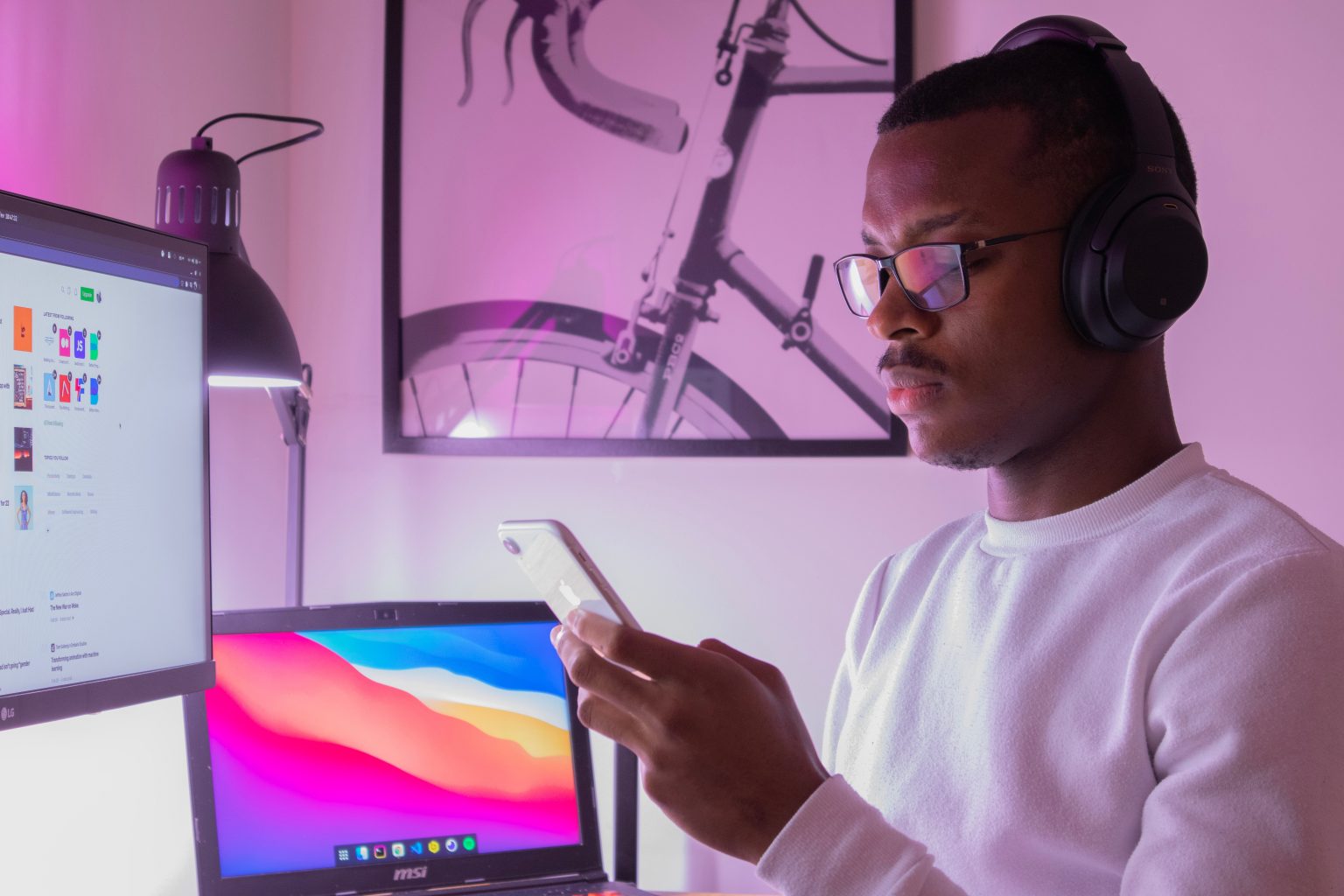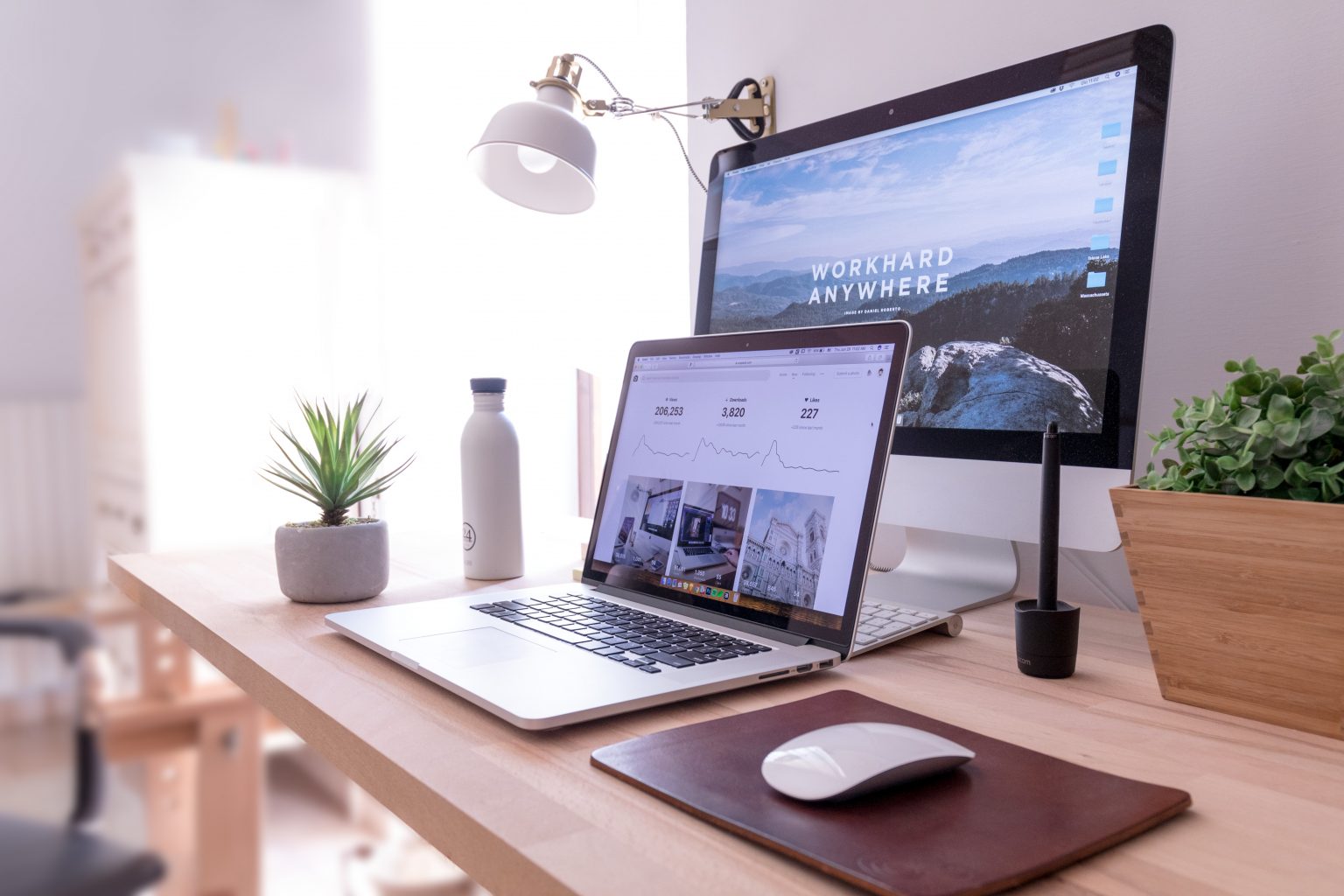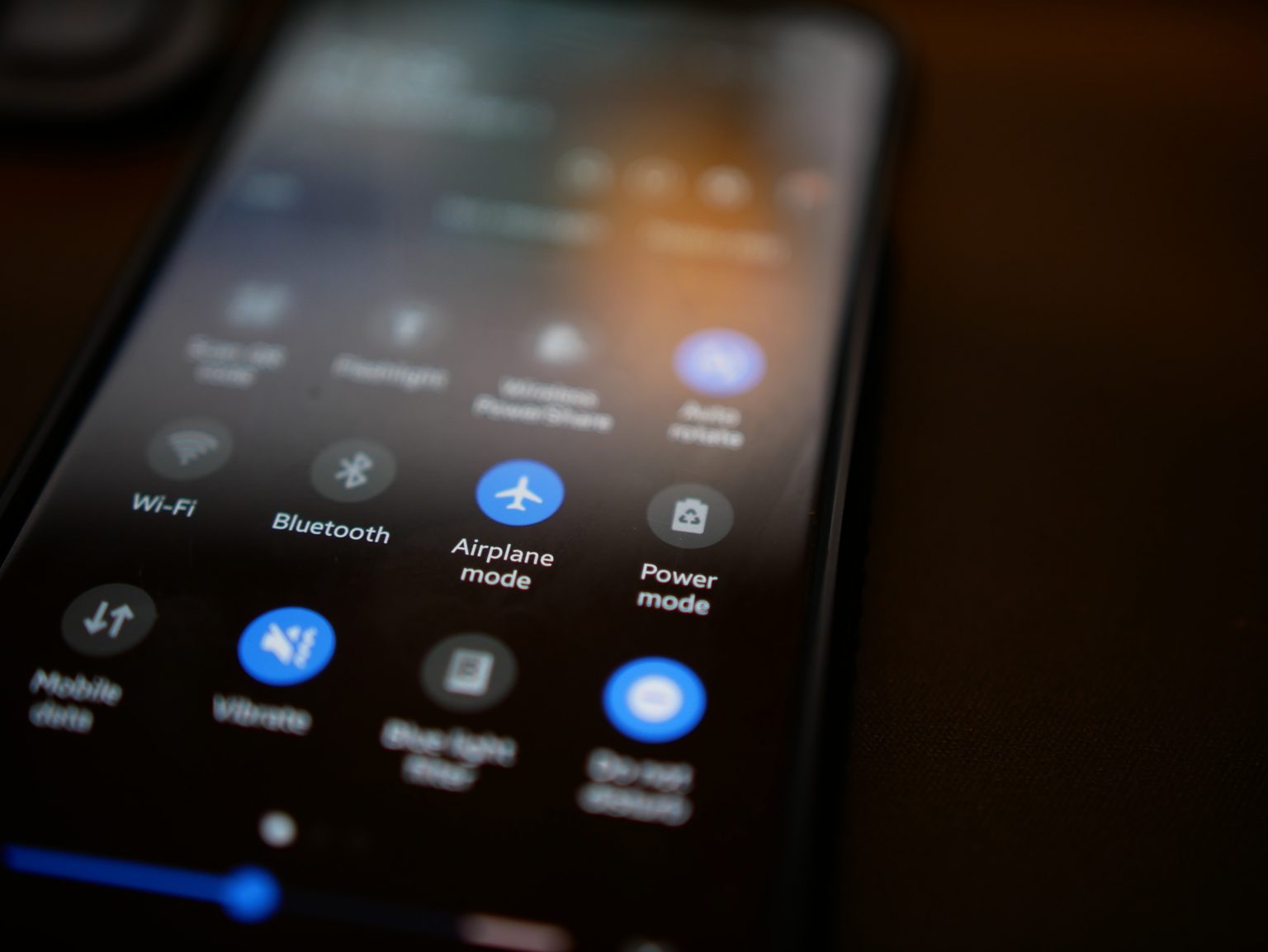Staying Focused While Learning Remotely: How to Avoid Distractions Online
Remote learning has come to the mainstream. But many of us worry that remote learning might leave us struggling to keep up. Without direct classmate engagement or the positive social pressure to pay attention (or at least look like we are!), getting distracted seems all too easy.
But there is hope! Concentration is a skill that can be learned, practiced, and mastered. You can also employ tools that will aid you in your quest to defeat distractions. With a bit of self-knowledge, discipline, and planning, you can maximize your concentration while you study online.
Let’s dive into the best practices for staying focused while learning remotely. And remember — always give yourself a little grace as you learn!
Learn Lifestyle Online
Meet Amphy
The largest marketplace for live
classes, connecting and enriching
humanity through knowledge.




